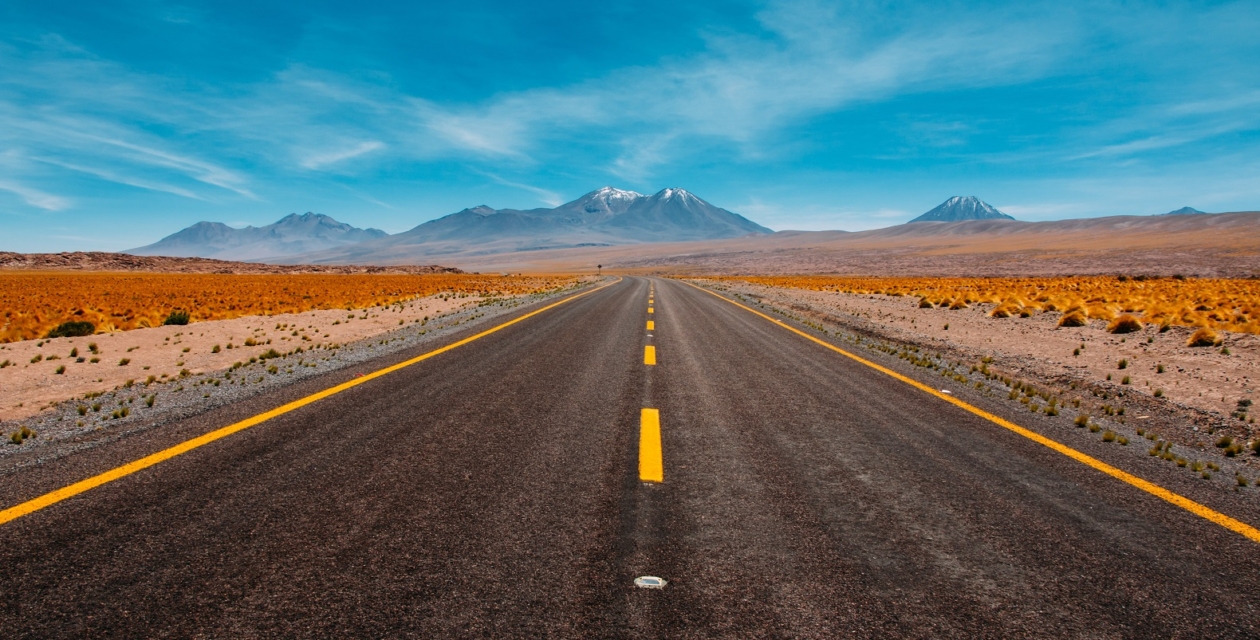Tourism in 2021: How the Industry can Win Back Tourists

Despite the crisis, there are opportunities for hopeful tourism in 2021.
With vaccines being rolled out in many parts of the world, a return to travel will also soon be on the horizon. The industry, being the hardest hit by the pandemic and probably the slowest to recover, has been considering the overall economic downturn. That's why many tourism businesses are on the lookout for ways to make sure to get as many travellers exploring again. Of course, once it’s safe to do so.
Ideas for Winning Tourists in 2021
Here are some ways to successfully do that:
1. Increasing online presence and engagement
A traveller’s journey has four phases:
- dreaming and planning
- shopping and booking
- the trip experience
- post-trip
Throughout this, today’s tech-savvy, mobile-first travellers are looking for personalised content relevant to their preference. By 2022, more than a third of European supplier-OTA bookings will be transacted via mobile websites and apps. That is why travel businesses should consider investing more in their online presence.
Also, virtual tourism, which has exploded since the coronavirus outbreak, is considered to remain a thing even after the pandemic. The industry was heading in that direction anyway (even before the pandemic). People are spending an average of 6 hours and 42 minutes online each day, according to the Digital 2019 Report from Hootsuite and We Are Social. This figure is before countries imposed lockdowns and companies shifted to work-from-home setup; thus, showing that many of us have already become comfortable with the Internet, and perhaps would love the ability to transform reality into a close and more pleasing representation of itself. This means that while many will always prefer physical travel, it’s likely that virtual travel will be enlisted in our “new normal”.
When travel resumes, brands that have a strong online presence will be on top of the travellers’ minds.
2. Dateless departures
Nobody can say for sure when we will go back to normal. Or if we will even be back to normal. Travellers have put off booking future adventures because we simply don’t know when we will be able to travel again. That’s why travel planning without the stress of committing to a specific date will surely be appealing to those who have been aching to travel again. Play up the idea of trip anticipation: booking the very first trips to reopened destinations—whenever that might happen.
3. Maintaining (and even surpassing) pandemic-era cleaning and service standards
During the pandemic, hotels and hospitality providers have struggled to find a balance between safety and providing guests with the same level of personalised service they have come to expect. Post-pandemic, these hospitality skills should be trained even further, achieving a level of safety, cleaning, and maintenance standards that allow guests to enjoy worry-free stays.
4. Travel bubbles
Trust will be paramount when travel reopens and some tour operators are offering travellers the opportunity to travel with the people they trust most: their friends and family. Trafalgar, Costsaver, and Insight Vacations all offer the “travel bubble” option—small, private group trips for their 2021 journeys that allows a set of family and/or friends to share a tour while maintaining a safer distance from people they’re unacquainted with. This type of travel is also an opportunity for those who’ve been separated from loved ones throughout the pandemic to reunite and reconnect in 2021.
5. Prioritise travel sustainability and resilience through coordinated global policy
A large majority of global travellers (87%) say that they want to travel sustainably, according to the new Sustainable Travel Report released by Booking.com in 2018. Bringing this up is of utmost importance in planning measures for travel recovery.
Global cooperation and evidence-based solutions is a must so travel restrictions can be safely lifted. Although governments have taken impressive action to cushion the blow to tourism and to build recovery in 2021 and beyond, more needs to be done. And in a more coordinated way. The OECD outlines prioritising the following key policies:
- Restoring traveller confidence
- Supporting tourism businesses to adapt and survive
- Promoting domestic tourism and supporting the safe return of international tourism
- Providing clear information to travellers and businesses, and limiting uncertainty (to the extent possible)
- Evolving response measures to maintain capacity in the sector and address gaps in supports
- Strengthening co-operation within and between countries
- Building more resilient, sustainable tourism
Collective Effort is the Key
The crisis is an opportunity to rethink tourism for 2021 and beyond. Tourism is at a crossroads and the measures put in place today will shape the tourism of tomorrow.
We have to collectively consider the longer-term implications of the crisis while capitalising on digitalisation, combating climate change, and promoting the structural transformation needed to build a stronger, more sustainable and resilient tourism economy.






